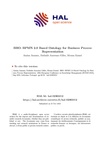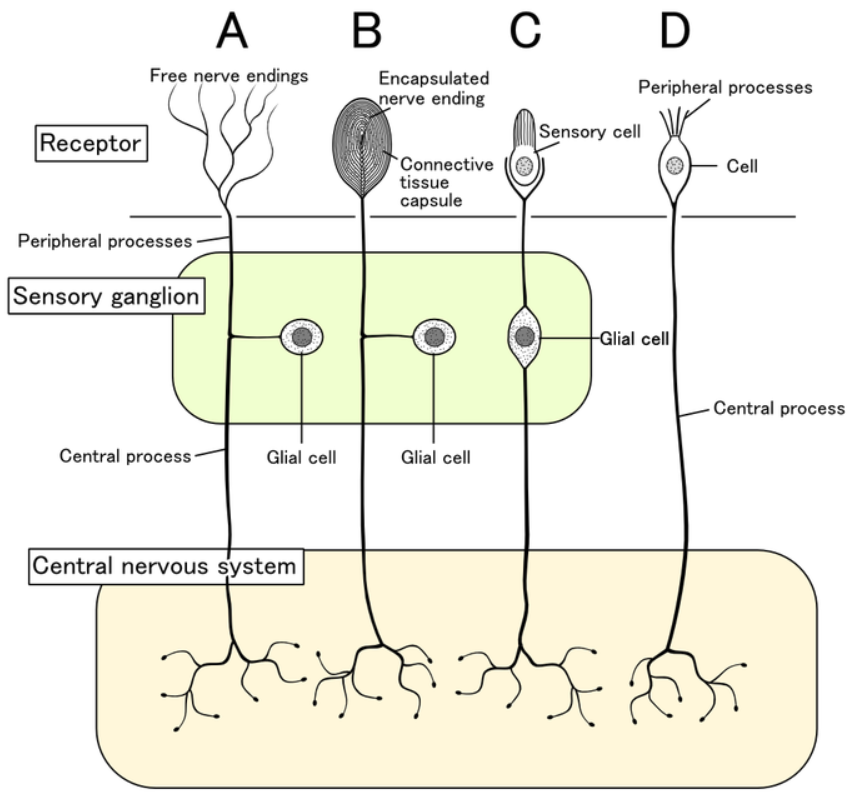Difference between revisions of "User:WikiSysop/Information Model"
| Line 55: | Line 55: | ||
}} | }} | ||
{{Hierarchy|Start|3|a:Creature|(who)}} | {{Hierarchy|Start|3|a:Creature|(who)}} | ||
{{Hierarchy||4|a:Computer}} | |||
<br/>{{Hierarchy||4|a:Human}} | <br/>{{Hierarchy||4|a:Human}} | ||
<br/>{{Hierarchy||4|a:Role}} | |||
<br/>{{Hierarchy||4|a:Job}} | |||
{{Hierarchy|End|3|a:Creature}} | {{Hierarchy|End|3|a:Creature}} | ||
{{Hierarchy|Start|3|an:Event|(what)}} | {{Hierarchy|Start|3|an:Event|(what)}} | ||
Revision as of 15:34, 10 December 2022
The Best Practices Wiki Information Model
The Best Practices Wiki Information Model is fundamental to identify (a) semantic tags to markup Best Practices essays (b) semantic classes for Practice, Policy, Procedure and Process models, of prime interest (c) classes for Act, Action, Activity and Task that are the detailed enumerated steps for a "method" that achieves a particularly useful objective.
Related Open Source
mw:Extension:SemanticTasks: provides email task notifications and reminders whose model is centered on assignment of Users to Tasks.
References
- [https:\\kissflow.com/workflow/bpm/business-process/ The Extensive Guide to Business Processes]
- ERP Readiness Series: The Four Core Processes Every Business Should Document
Partitive Classes
Taxonomic Classes
Topic classes
Subject Classes
Topic Annotation (Tags)
Linguistic Classes
Instance References
Instance Referents
{{Category:Tag <br/>|rdfs:subclassOf=Reference <br/>|name= <br/>|id= <br/>|label= <br/>|path= <br/>|timestamp= <br/>|@category:name }} <!-- {{Hierarchy|Start|2|skos:Concept|https://www.w3.org/2004/02/skos/}} {{Hierarchy|End|2|Gender|skos:Concept}} -->
Determiners include articles (a, an, the), cardinal numbers (one, two, three...) and ordinal numbers (first, second, third...), demonstratives (this, that, these, those), partitives (some of, piece of, and others), quantifiers (most, all, and others), difference words (other, another), and possessive determiners (my, your, his, her, its, our, their).

